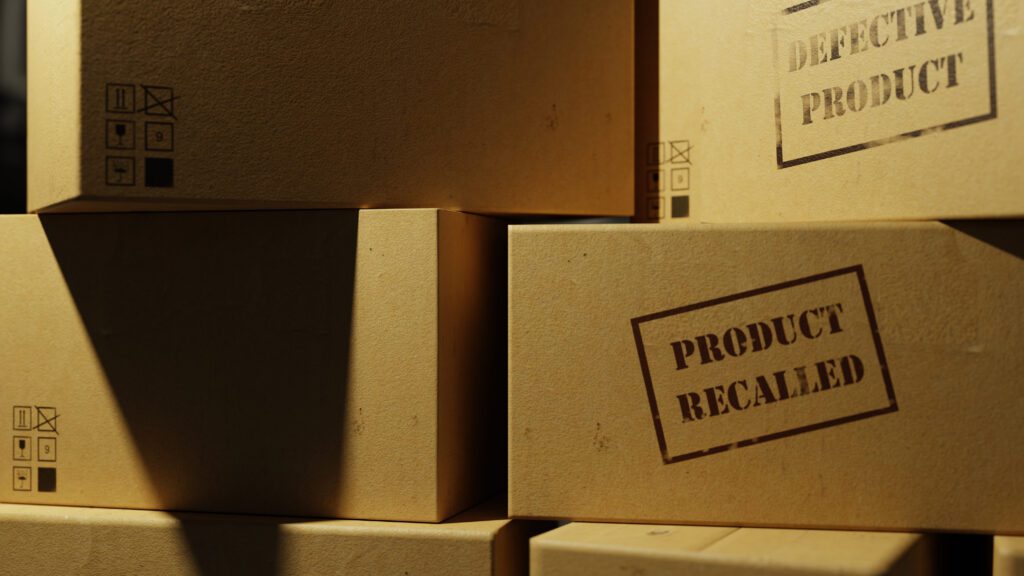The Role of Captive Insurance in Managing Product Liability Risks
Product liability risks are a significant concern for businesses across various industries. With potential lawsuits, recalls, and reputational damage at stake, companies must proactively manage these risks to protect their bottom line and ensure consumer safety. Captive insurance has emerged as a powerful tool for managing product liability risks, offering more comprehensive coverages that are often unavailable through traditional commercial insurance arrangements. In this article, we will explore the unique advantages of captive insurance and understand why it is favored for mitigating product liability risks.
Captive insurance provides organizations the opportunity to establish their own insurance company, wholly owned and controlled by the insured. With captive insurance, businesses have the freedom to design tailored coverage solutions specific to their product liability risks. Unlike commercial insurers who avoid comprehensive coverage for fear of high-risk and costly claims, captives can create policies that precisely address their unique exposures, ensuring thorough protection against potential liabilities.
While many companies have product liability coverage, they often lack product recall insurance. This is due to the reluctance of many commercial insurance providers to take on the risk associated with product recalls. Traditional insurers often avoid comprehensive coverage for fear of high-risk and costly claims, leaving companies exposed to potential liabilities. This is where captive insurance comes in, offering organizations the opportunity to design tailored coverage solutions specific to their product liability risks. Captives bridge the coverage gaps left by traditional insurers, providing comprehensive protection against uncertain and long-tail product
liability risks. By taking a proactive approach to risk management, captives enable businesses to better protect their financial interests and mitigate potential losses.
Captive insurance also provides enhanced control and flexibility in claims management. As captives are owned and operated by the insured, businesses can adopt a proactive claims handling approach, ensuring timely and efficient resolution of product liability disputes. This level of control empowers companies to prioritize customer satisfaction, maintain brand reputation, and prevent issues from escalating into debilitating lawsuits. Such hands-on claims management is rare in commercial insurance arrangements, where the insured has limited control over the process.
Moreover, captives offer unique risk management benefits by facilitating collaboration and shared knowledge among like-minded insureds. In industry-specific captives or group captives, organizations within the same sector join forces to pool their resources and share risk. This collective approach not only spreads the financial burden but also encourages knowledge exchange, promoting best practices for product safety and liability prevention. By leveraging shared insights and collective expertise, captive members can enhance their risk management strategies and reduce the probability of product liability events.
Captive insurance provides businesses with long-term stability and stability in insurance costs. Commercial insurance premiums for product liability coverage can be highly volatile, subject to market fluctuations and industry trends. In contrast, captives offer stability and consistency in premiums as they are not influenced by the broader insurance market. By having more control over their insurance costs, businesses can better predict their financial obligations and allocate resources strategically for risk control and onward investment.
In today’s litigious environment, managing product liability risks is critical for the long-term success and sustainability of any business. Captive insurance stands out as a robust and reliable risk management solution for companies seeking comprehensive coverage and control over their product liability exposures. By customizing policies, bridging coverage gaps, facilitating proactive claims management, and promoting collaboration, captives offer a level of protection and flexibility that traditional commercial insurance arrangements often struggle to provide. As businesses continue to face evolving product liability challenges, captive insurance is poised to play an increasingly vital role in ensuring their financial security and longevity.

